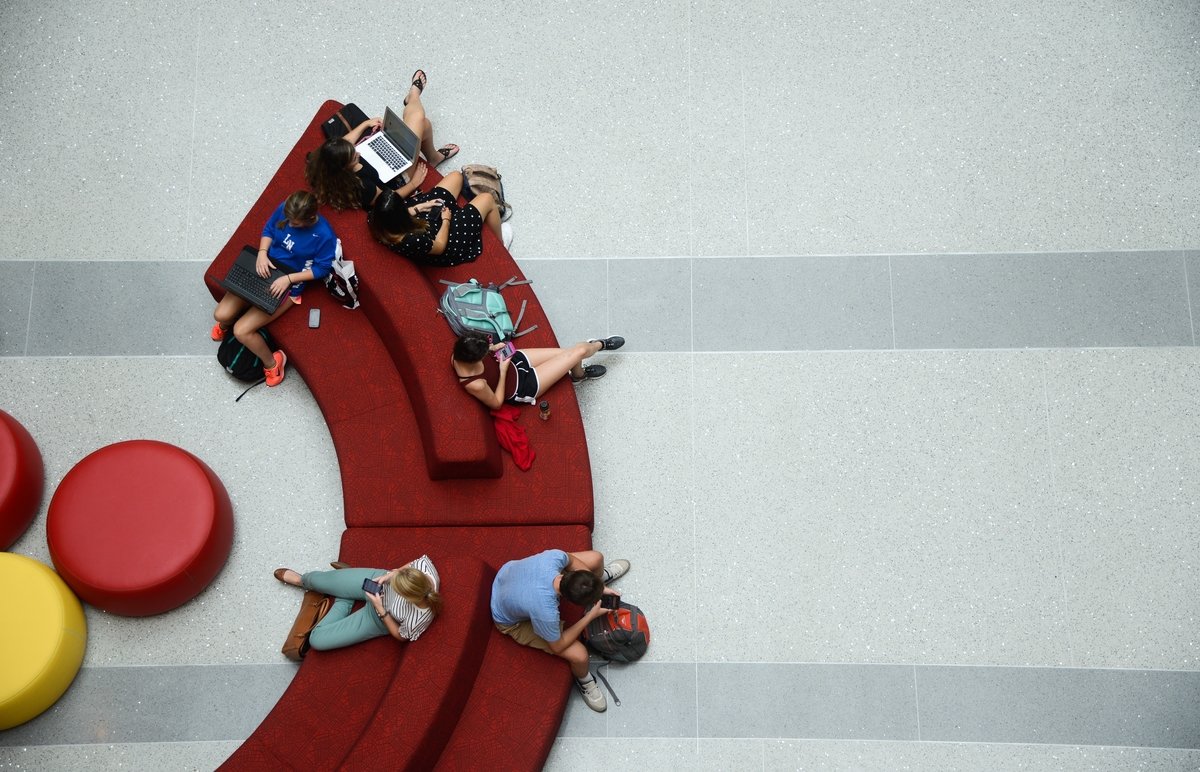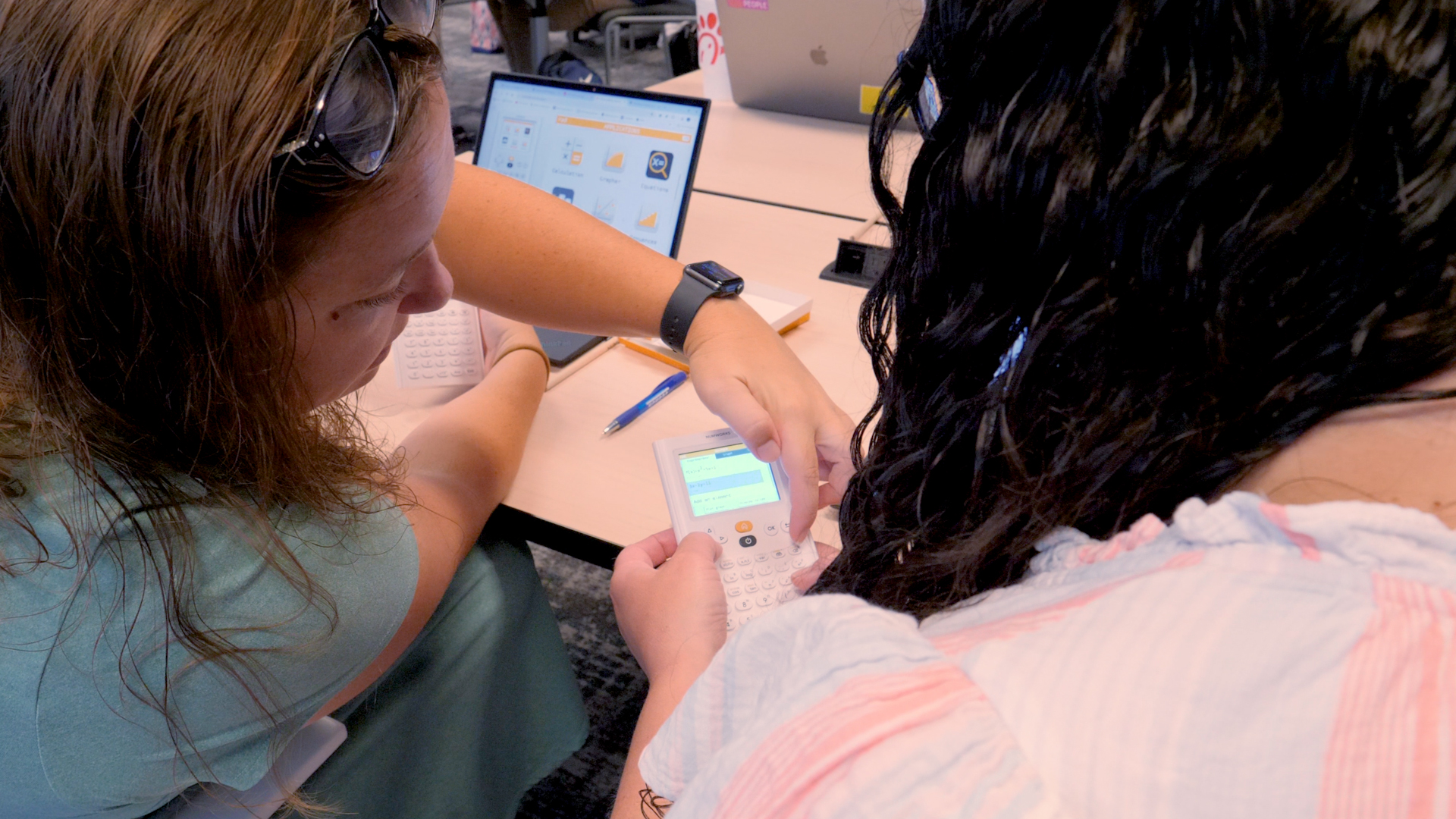Five Questions with Siu-Man Raymond Ting about Supporting International Students On Campus

Educators have a unique opportunity to promote global education and international understanding to their students. According to Siu-Man Raymond Ting, professor of counseling and director of the College of Education’s graduate program, cultural sensitivity can also be achieved by hosting international students on campus. Ting, who researches international education, recently published a paper about universities supporting international students. We asked Ting to share more about his research and results.
Your paper “5 Things Student Affairs Professionals can do to Support International Students,” was recently published in the NASPA Research and Policy Institute Issue Brief. Tell us a little more about the paper and the research you conducted to write it.
As a Faculty Fellow of NASPA, I was invited to write a research brief to inform student affairs personnel about professional practice for international students. Then, I began to study this topic. In the process, I also integrated my experiences working with international students on campus. My experiences included consulting work with educational agencies and companies here and in China. For example, I developed and implemented academic support programs for international students. I am always invited to consult in China on different topics including college student services, overseas study and mental health issues.
Why is it important to have international students on our campus?

We can increase cultural diversity on our campus and in the community. NC State is located in RTP, a prospering area attracting people from across America and around the world. The benefits of increasing international students include increased cultural and educational exchange, new ideas for research, and social and economic activities.
How do international students benefit from studying in another country?
The world is flat now. International students in the United States can learn more about our cultures and lifestyles. It can promote international understanding, peace, cultural and economic exchange.
Are there any ways that students and faculty can better support international students?
Many years ago, when I was working with international students as a program assistant, the challenge was getting domestic students and faculty involved in international student activities and events. Now, the situation is better. But we still need more involvement from our faculty and students. Also, I encourage them to adopt a perspective of understanding the international cultures – the social and cultural backgrounds for their attitudes and behaviors. Try not to judge in the first place. The more we use this attitude, the more we can accept each other.
How has your research and teaching changed over the course of your career?
I also have an international background. I came a long way and am fortunate to work with wonderful people in my program, department and college. In the beginning of my career here, I only studied academic performance and student retention. The process was not easy at all. I have to overcome different challenges and barriers. Somehow, I have faith that I just keep trying and leave the results to God. I believe in finding common grounds, benefiting others and achieving together. Now, I study many different topics, including career development, international students, online education, mental health issues and science education for school students.
- Categories:


